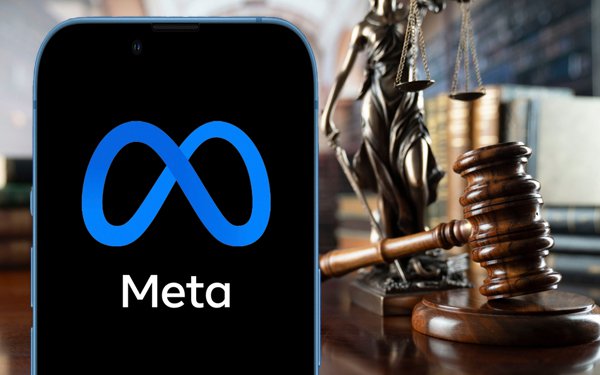
Siding against Meta Platforms, a federal judge has rejected
Meta's bid to reverse a finding that it violated California's wiretap law by collecting sensitive data about users of the menstrual tracking app Flo.
"Nothing in the evidence
adduced at trial or the record as a whole justifies disturbing ... the jury's unanimous verdict," U.S. District Court Judge James Donato in the Northern District of California said in a ruling issued
Monday.
The decision comes in a lawsuit dating to 2021, when Flo users alleged that Flo Health shared their data with Google, Meta and others via software development kits
embedded in the app. Google and Flo Health settled with the users, but Meta took the case to trial.
Last month, after a seven-day trial, a jury issued a verdict against Meta.
The jury specifically said Flo users proved that Meta "intentionally eavesdropped on and/or recorded their conversations," in violation of a California wiretap law prohibiting anyone from
recording confidential electronic communications without all parties' consent.
advertisement
advertisement
Meta then asked Donato to set aside that finding for several reasons. Among others, Meta argued
that the plaintiffs consented to the data collection by agreeing to Facebook's terms of service.
"Meta's policies clearly and broadly disclosed that Meta could receive data
from third-party apps reflecting users’ activity on those apps -- and use that data for advertising," the company wrote.
Donato rejected that argument, writing there was
"more than enough evidence at trial for the jury to conclude" the plaintiffs didn't consent to record their survey answers, adding that a "reasonable user" could find Meta's privacy statements
ambiguous.
Meta "refers in wholesale fashion to a dozen pages of disclosures, and does not identify a clear sentence or paragraph of notice readily accessible to a Facebook user," Donato
wrote.
He added that the pages Meta referred to "undercut the notion that its users were given fair notice of the conduct at issue in this case."
Meta had also
contended that the California wiretap law only prohibits eavesdropping on
"confidential" communications, and argues that Flo users' interactions with the app were not confidential because they should have "reasonably expected" the conversations to be recorded or
overheard.
Donato said Meta's argument on that point "is not well taken," writing that the company's theory would undercut the privacy protections in the state wiretap law.
Donato is expected to hold a hearing next month regarding remedies.
Flo users sued soon after the Federal Trade Commission accused the company of wrongly sharing
pseudonymized data about consumers -- including their pregnancies -- with Meta, Google and other analytics companies. Though the data wasn't explicitly tied to users' names or addresses, it was
connected to an “ad identifier,” according to the FTC.
Flo stopped sharing that data in early 2019, and settled with the FTC in 2021. The settlement agreement
required Flo to notify customers about the prior data sharing, and obtain people's permission before sharing their health information in the future.